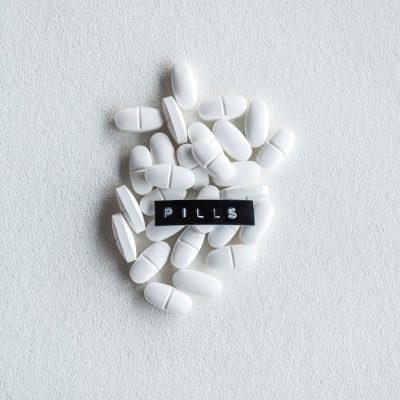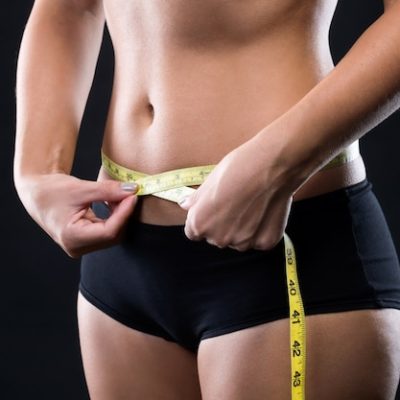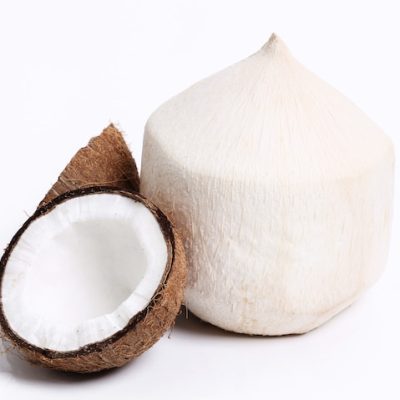Are you looking to shed some pounds? If so, you might be concentrating on healthy eating, controlling your portions, and exercising. But have you considered what you’re drinking? If you’re not mindful of your water intake, you’re overlooking a key element that aids in weight loss.
Increasing your water consumption can offer several benefits, among others. You’ve likely heard the recommendation to drink eight glasses of water daily, but the ideal amount for you may vary based on your weight and activity level. Consider using a water calculator to find out how much you should be drinking. If your urine appears dark, it’s a sign you need to hydrate more.
Here are some research-backed ways that drinking more water can assist in losing those extra pounds and inches. While I’m not suggesting you skip exercise, drinking water can enhance the number of calories your body burns while doing everyday activities. One study found that within 10 minutes of consuming about 2.25 cups of water, your metabolism can increase by 30%, lasting for about 30 to 40 minutes.
This happens because your body expends calories to process the food or drink you consume. Water is considered a negative-calorie food; your body uses more calories to distribute the hydration than it gains from drinking it. While you would need to consume an unsafe amount of water to rely solely on this method for weight loss, it can help boost your metabolism if you’re already taking other steps to lose weight.
Water also acts as a natural appetite suppressant. Have you ever tried drinking a glass of water when you feel hungry? It fills your stomach, leaving less room for food. Research supports this idea; one study showed that dieters who drank water before meals lost 44% more weight than those who didn’t.
Although researchers aren’t entirely sure why this happens, they believe it relates to the filling effect of water. Conversely, feelings of hunger might actually indicate dehydration. The next time you experience low energy, dizziness, or a rumbling stomach, try drinking water before reaching for a snack. Your body might just be signaling that it needs hydration.
If you choose to drink water before meals, aim to do so about 30 minutes in advance. Consuming too much water during a meal can dilute the enzymes necessary for properly digesting and absorbing nutrients. For instance, a can of Coca-Cola contains 140 calories. If you replace two cans of soda with water each day, you could potentially lose an extra pound every 12 weeks.
Observational studies indicate that people who drink water consume about 194 fewer calories daily compared to those who drink juice or soda. If you find it challenging to replace sweet drinks with water, try infusing your water with fruits or vegetables. Ingredients like watermelon, cucumber, citrus, and berries can add flavor and a touch of sweetness.
Research shows that individuals who drink more water generally have healthier eating habits, often consuming more fruits and vegetables than those who opt for calorie-rich beverages. Education also plays a role in hydration and healthy eating patterns. It makes sense that those who understand what’s healthy are more likely to make better choices regarding their overall wellness.
When you drink ice water, your body needs to warm it up before using it, which burns a few extra calories. While some studies support this idea, others argue it may not be significant. Regardless, adding ice to your water can help you drink more, and if it helps burn a few extra calories, that’s a bonus. Just don’t rely on it as a miracle weight loss solution.
Staying hydrated can reduce muscle cramps and keep your joints lubricated, allowing for more effective workouts. When you’re well-hydrated, your heart pumps blood more efficiently to your muscles, which is especially important for those who are overweight. When you feel good and can move easily, you’re more likely to exercise and burn off extra calories.
By the time you feel thirsty, you’re already dehydrated. Thirst indicates that you’ve lost about 2% of your body weight in water. The American Journal of Clinical Nutrition states that your workout performance can significantly decline at this point.
To check if you’re drinking enough water during workouts, weigh yourself before and after exercising. If you lose 2% or more of your weight post-workout, you need to increase your water intake. For someone weighing 115 pounds, that’s about a 2-pound loss; for a 175-pound person, it’s around 3.5 pounds.
To ensure adequate hydration, drink a full glass of water about 15 minutes before exercising and continue with about 8 ounces every 30 minutes while you sweat. Increase your intake if you’re sweating heavily or exercising in hot conditions.
Your kidneys require water to filter toxins from your body. If these toxins aren’t eliminated, your body retains them, which can lead to inflammation linked to obesity. Water also aids in moving stool through your digestive system, helping to remove toxins. Insufficient water can lead to constipation, causing bloating and digestive discomfort.
Other beverages aren’t as effective for detoxification. In fact, energy drinks or sodas may introduce more toxins into your body. Adding lemon juice to your water can enhance its detoxifying properties. Many people advocate for drinking lemon water first thing in the morning to stimulate digestion and cleanse the system.
Watch this video for a detox water recipe that can help flush your system and support weight loss. Water is an essential nutrient, and you need to drink plenty to lose 10-21 pounds in 21 days, which is exactly what our program can help you achieve!
Even more valuable than the weight loss is the feedback we receive from participants about how the program has taught them to change their eating habits and find a sustainable diet that works for them long-term. If you’re ready to make changes in your life, this is the perfect starting point. We’ll guide you on how to implement necessary changes in your diet and lifestyle that last beyond the diet.
Click here to begin YOUR 21-Day Fat Loss Challenge today! If you found this article helpful or have any questions about how drinking more water can aid in weight loss, please leave your comments below!










